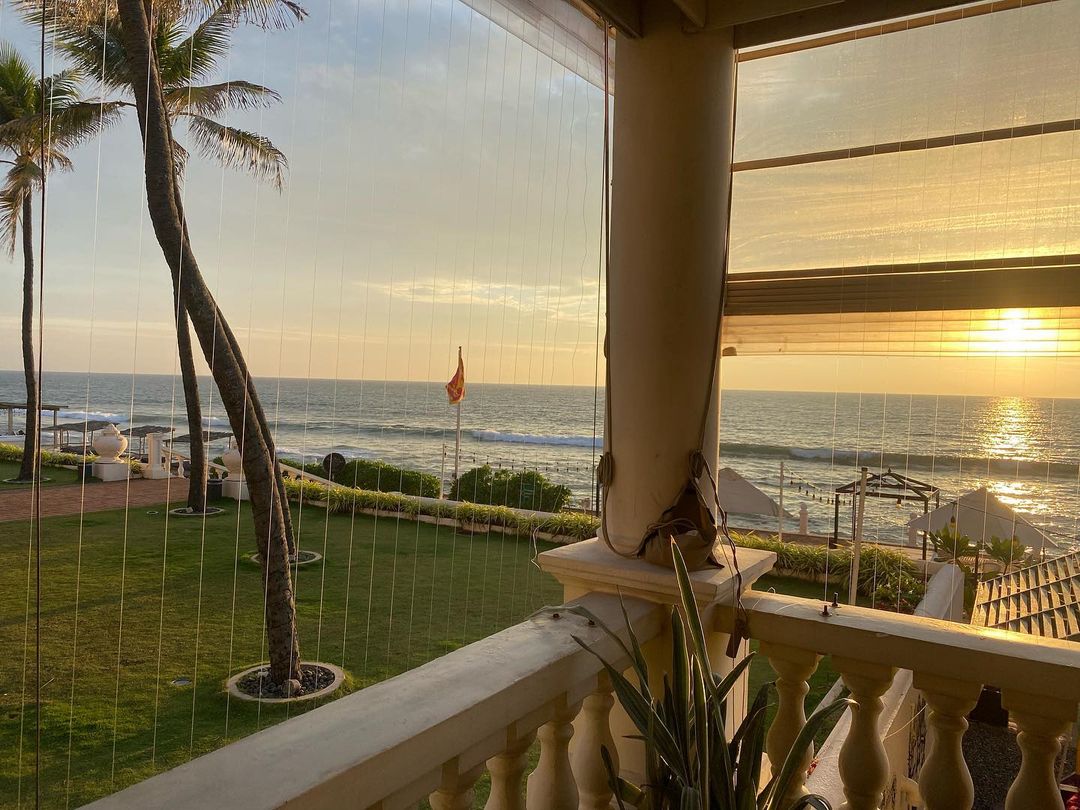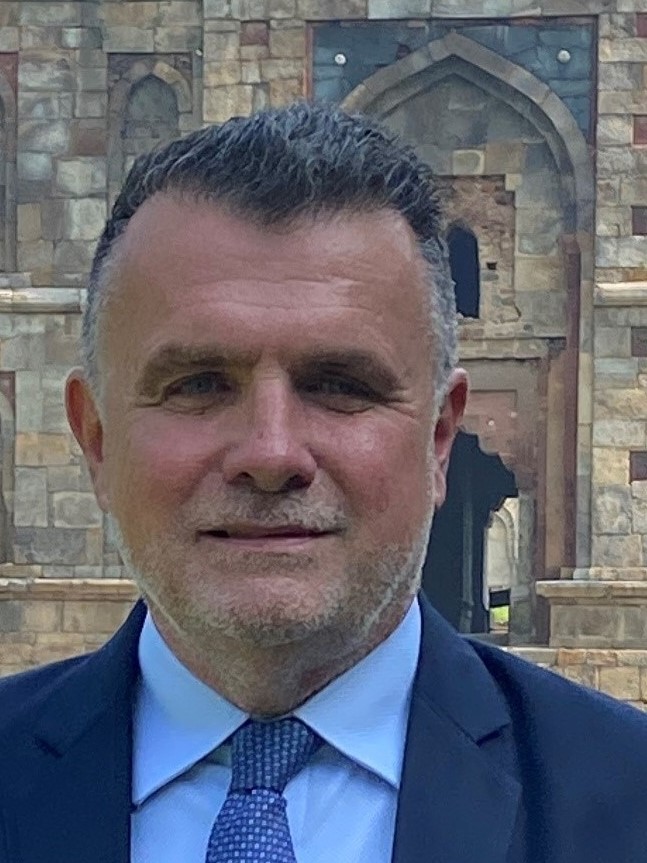Our latest newsletter


Blog and info about business Sweden-Sri Lanka
3 quick questions for State Secretary Håkan Jevrell at the Swedish Ministry for Foreign Affairs. His responsibility is foreign trade and promotion. He has previously been Ambassador to Singapore and Brunei and Sweden’s representative in Taiwan. Håkan Jevrell believes that Sri Lanka’s strategic location and skilled workforce are strong assets for the country. His personal favorite in Sri Lanka is Mirissa on the south coast of the island.
How can Swedish companies benefit from Sri Lanka’s strategic location?
Sri Lanka has proven itself over time and is today an important part of strategic, global value chains, not least the country’s growing IT sector with a highly skilled workforce. The country is a hub in many ways. There are several opportunities here for Swedish companies. First, the obvious, to let Sri Lanka be a bridgehead for further establishment in other, nearby markets. Becoming part of the country’s extensive logistics expansion is another way, not least for sea-borne goods. A third way is by moving physical production to Sri Lanka, where the country has a high standard in several industrial sectors.
Sri Lanka is now transforming its energy system in a sustainable direction. What does this mean for Swedish export companies?
The transition of Sri Lanka’s energy system is being carried out with high ambitions, not least in wind power. Sweden and Sri Lanka also have historical ties through previous joint hydropower projects on the island. Then Swedish companies could approach a similar situation as ”teachers”. Now a different approach is needed, one of humility and partnership. Swedish companies can offer competitive solutions, but Sweden is of course not alone. Running fast enough is therefore of crucial importance.
Sweden currently has no Embassy in Colombo. What does this mean for trade relations and how does the Ministry for Foreign Affairs work in this situation?
First, Sweden has an Embassy in Delhi. The work there is led by an Ambassador with extensive experience and knowledge of Sri Lanka. That said, an Embassy is important, but Sweden and Swedish interests are working at many levels to develop and strengthen relations between our two countries. Team Sweden has an important role here. It is a network of authorities and companies that work together to promote Swedish exports and investments in Sweden. We also see that there are good opportunities for Sri Lankan companies to develop relationships in Sweden and for Swedish companies to contribute to the development and make a difference in Sri Lanka.
Läs gärna vår systerorganisation European Chamber of Commerce in Sri Lanka senaste nyhetsbrev.
3 quick questions for Jan Thesleff, Sweden’s ambassador to India, the Maldives, Bhutan, Nepal and Sri Lanka. He has worked as a diplomat for 36 years and has previously served as ambassador to Saudi Arabia, the UAE and Egypt among other countries. Jan Thesleff describes Sri Lanka as innovative and green. The pace of innovation is high in the country’s IT sector and the country’s energy system is now being converted to renewable energy.

1. What are Sri Lanka’s main assets as a trading partner?
The biggest asset is human capital, a highly educated workforce, especially in the IT sector where many global IT companies have strategic establishments in the country. Another way to describe the role of human capital is Sri Lanka’s third place behind China and India in terms of the number of student visas to Swedish universities. Sri Lanka is also geographically very well placed with proximity to larger neighboring countries and can therefore serve as a springboard for establishments in the Asian market.
2. How can trade between Sri Lanka and Sweden be developed?
Next year, Sri Lanka and Sweden will celebrate 75 years of diplomatic relations. We look forward to further strengthening the relationship over the next 25 years and beyond. Based on the manufacturing industry, the assessment is that Sri Lanka’s IT sector will play an increasingly important role in trade in the future. The sector has experienced rapid growth in a short period of time and it is therefore reasonable to speak of a Sri Lankan IT wonder. The tourism sector also has great potential as part of trade in services. Sri Lanka has gone through a steel bath and can now offer a very high quality and updated tourism product to discerning Swedish visitors.
3. The SSLBC member survey identified business visas to Sweden as a problem area. How does the Embassy work with this?
The ability to travel is fundamental to doing business across national borders and for maintaining existing business relationships. The Embassy is aware of the current situation and is working to facilitate business travel to Sweden. In this context, it is also important to point out that the issue is not specific to Sri Lanka. At the same time, it is valuable for the Embassy to receive feedback from the SSLBC members through the member survey. It is also important to mention that there is a new honorary consul in Colombo who has an important role in promoting our bilateral exchange in trade and visits.
Please find the latest (March 2023) of trade between Sweden and Sri Lanka.
”Social entrepreneurship and innovative startups can have an important role to play in solving societal challenges”
We met the scholarship holder Eric Deoul Raj, who, after studying leadership for sustainability for a year in Malmö, reflects on his experiences in Sweden and the changes he strives to achieve in Sri Lanka.
Hi Eric! A year has passed and you will soon graduate from the Leadership for Sustainability program at Malmö University. Looking back, what was the reason you applied to Sweden and SI’s scholarship for global professionals?
Was your idea of Sweden as you imagined?
What is your most important lesson? Something you take with you in your work to support sustainable development and improve Sri Lanka?
Where do you hope to be in 10 years?
Text in Swedish